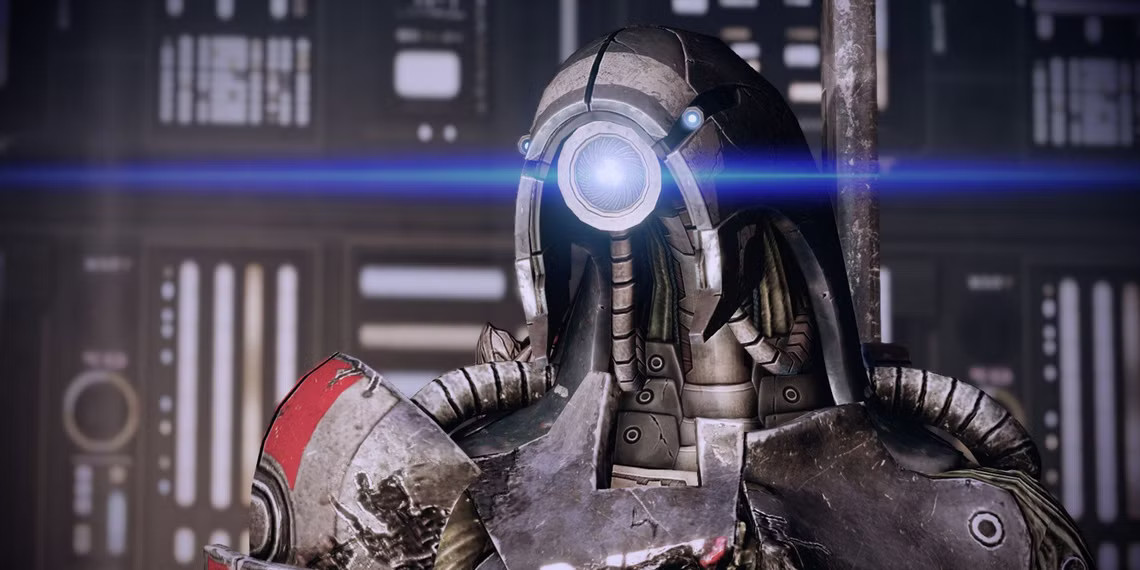There was once a time I strongly disliked Mac computers. I got my first PC back in 1998 after years of using Macintosh computers. The 90s was a rough decade for Apple. It was just one string of commercial failures after the others. Who could forget such memorable bombs as the Newton PDA and the now infamous Pippin game console. It’s not that Apple’s computers were particularly bad during this period but they were overpriced and underpowered compared to the Windows PCs of the era. Windows 95 came out and revolutionized GUI computing on the PC which was superior to the the “Classic” Mac OS.
Back in 2005, I figured I would need a laptop for university. I had a taste half a year prior using my Dad’s Compaq Persario R6000. A computer that has never run quite right. The big advantage was being able to keep all my notes organized without risk of loosing them or mangling them. The biggest problem I encountered though was a relatively short battery life of just three hours and its bulk. The R6000 I would class as being a desktop replacement notebook. It weighs a ton. I considered many options. Dells, Compaqs, IBMs (now Lenovo), even an ancient PowerBook that I found in the back of the office. Somebody directed my towards the iBook line. I was a little skeptical at first but reviews were good so I took the plunge.
I originally paid $1149 for my iBook G4. I bought the cheaper 12” model with the 1.33ghz PowerPC G4 processor. A fairly robust system, the CPU was actually a little faster than my Athlon XP 2000+ that I had in my desktop at the time. As a testament to the longevity of the PowerPC, all three seventh generation game consoles use it or a derivative of it. Though a slower clock speed than my XP, it was still able to pump out 720p Quicktime HD video thanks to GPU acceleration. For its price point, the iBook G4 was one of the few laptops in its class to feature a fully dedicated GPU. An ATI Radeon 9550 with 32mb DDR. A huge plus was its light weight and 6hr battery life. Though now it only gets 5.5hrs due to wear form constant battery use. Still respectable though compared to many PC laptops.
The most pleasant surprise was how much Mac OS X improved over “Classic”. Most of what Jeff “Mac” Long tells you on TV is true. The system is far more streamlined and easier to use than Windows XP and it lacks the bloat of Vista. In fact, OS X Tiger has near identical features to Vista but only requires half the computer power to run. Flipping between multiple windows with a single click or movement of the mouse, searching my documents hassle fast and easy with Spotlight, checking the weather with Dashboard, and all my most commonly used programs one click away on the Dock. OS X uses a tried and true Unix base with a GPU accelerated desktop environment for easy and smooth computing. Macs are also more secure than Windows. Since there are less of them out there, they tend to fly under the radar of malware developers. It doesn’t mean that they can’t get viruses but they typically do not. Apple also tends to be a little more on the ball, patching problems as soon as they appear rather than on an inflexible monthly schedule like Microsoft does.
Furthermore, Apple is gracious to include commonly used software like iLife with the computer. My only two beefs is the lack of decent CD/DVD burning software and that it only includes a trial version of an office suite. I believe a full version of iWork should have been included just as iLife was, but you can still use NeoOffice which is just as good. Compare this to Windows machines which usually don’t come with any included software. For a long time, Microsoft didn’t even include a basic DVD player. Windows computers usually come with Microsoft Works as an office suite, which is very basic and very dated. Other software costs extra. Apple used to also include an encyclopedia, dictionary, atlas, and a couple of games with their systems. I’m not sure if they still do.
If you’re interested in buying a Mac, there are many different options. The Mac Mini, iMac, MacBook, MacBook Pro, and MacPro. Price ranges from about $600 up. All Macs now feature Intel’s Core 2 Duo processor except for the MacPro. It uses an Intel Xeon which is a server version of the Core 2. The iMac offers the best value for desktop users since it comes with everything you need including keyboard and mouse. Like video game consoles, Macs are truly ready to run right out of the box. The iMac is an all-in-one system meaning that the screen and computer itself are one unit rather than two separate ones. The iMac is very powerful for its class and is well suited for anyone.
The Mac Mini is a small form factor system that’s about the size of two CD wallets stacked on top of each other. It’s not an all-in-one and requires a separate keyboard, mouse, and monitor. It’s the cheapest Mac though and its best suited for those where space is a premium. Since it includes digital audio outputs and Apple’s Front Row media application, it’s well suited as a home theater computer.
The MacPro is a very powerful system. It’s a traditional tower desktop that comes with dual processors with up to eight processing cores. This isn’t really a home system. It’s for people who do a design work and such. Stuff that requires a lot of processing power. It’s the most expensive system.
The MacBook and MacBook Pro are laptops. All models are good and portable and which one you buy really only depends on what you can afford.




